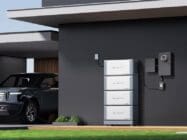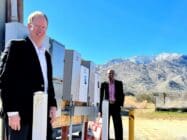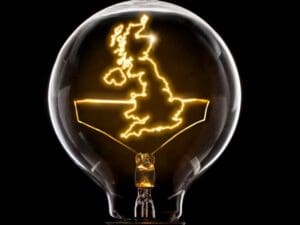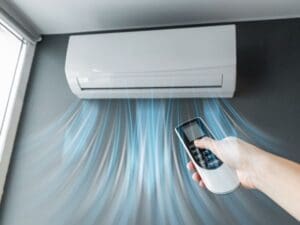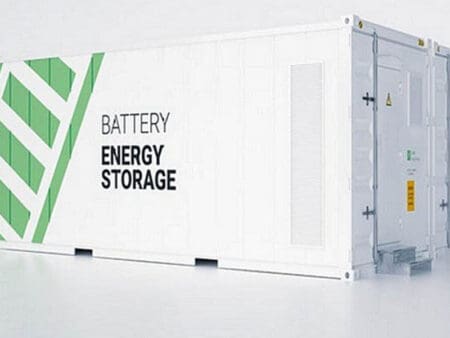
Electrification and renewables top McKinsey’s tech trends, DEWA innovates on battery performance and a solar table for gardens are on the technology radar.
Electrification and renewables top McKinsey’s tech trends
McKinsey’s Technology Trends Outlook 2023 report has electrification and renewables as the largest of the 15 trends identified in terms of interest and investment.
The survey finds there was a $288 billion equity investment in the area in 2022 and a 27% increase in job postings over the previous year, which is also among the largest recorded for all the trends.
Alongside this climate tech beyond electrification and renewables, such as carbon capture, attracted less interest, with $86 billion equity investment and a modest 8% increase in job postings.
Have you read?
AI to fundamentally change current systems in the energy sector – experts
Energy Transitions Podcast: The value of circular asset management
Other tech trends identified include applied AI, which tops the innovation axis, next-gen software development, cloud and edge computing and web3, these and others are all identical to the previous year.
Except for the one new entrant to the line-up, namely generative AI. McKinsey records generative AI as representing the next frontier for AI and also attributes to providing much of the credit for an observed resurgence of enthusiasm in the first half of 2023 about technology’s potential to catalyse progress in business and society after a tumultuous 2022.
Building upon existing technologies such as applied AI and industrialising machine learning, generative AI has high potential and applicability across most industries, states McKinsey.
Interest in the topic, as gauged by news and internet searches, increased threefold from 2021 to 2022 and generative AI is poised to add as much as $4.4 trillion in economic value from use cases that increase productivity.
DEWA innovates on battery performance
Dubai Electricity and Water Authority (DEWA)’s Research and Development (R&D) Centre has filed a new patent for an innovation for improving the performance of electrodes in lithium-ion batteries, sodium–sulphur batteries and electrolyte distribution batteries.
This, a low-cost, environmentally friendly method, is achieved by treating the electrodes chemically using a polymer to increase the number of active groups on the surface of the electrodes, which leads to improving their performance.
The patent supports the pilot project for energy storage that DEWA has inaugurated at the Mohammed bin Rashid Al Maktoum Solar Park using Tesla’s lithium-ion battery solution. The project has a power capacity of 1.21MW and an energy capacity of 8.61MWh with a life span of up to 10 years.
“DEWA relies on research and innovation to support the development of energy storage technologies and increase the share of clean and renewable energy,” says HE Saeed Mohammed Al Tayer, MD and CEO of DEWA.
“This supports the Dubai Clean Energy Strategy 2050 and the Dubai Net Zero Carbon Emissions Strategy 2050 to provide 100% of Dubai’s total power production capacity from clean energy sources by 2050.”
This pilot project is the second battery energy storage pilot project by DEWA at the solar park. The first project was implemented in collaboration with AMPLEX–NGK to install and test a sodium sulphur energy solution with a power capacity of 1.2MW and an energy capacity of 7.5MWh.
Solar table for gardens
German solar technology innovator Technaxx is launching its latest product – a solar table for householders to place in gardens or on balconies or terraces and which can double both as a table and a solar power generator.
The table, which is approximately 173cmx114cm in size and can seat up to eight people, has a fold-up top that can be adjusted to set angles up to 35o to maximise the solar generation capacity and produce up to 410W peak power.
With it is a pre-assembled micro inverter, which converts the generated solar power into AC and can be easily plugged into a household socket to supply power to the home.



